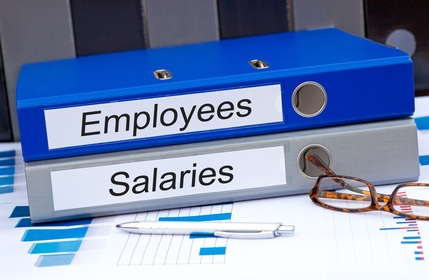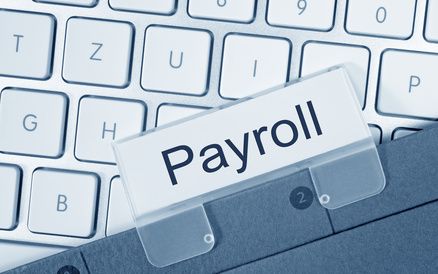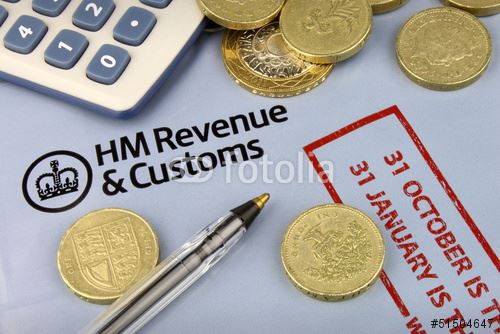 When an employee hands in their notice the first thing you will think about is how you are going to manage without them and how you are going to find a replacement soon enough for your leaving employee to train them. Most small businesses will not have sufficient resources to have trained a "spare" and unless it is a role you don't need to replace you will probably have a very short handover period or even a gap between employees.
When an employee hands in their notice the first thing you will think about is how you are going to manage without them and how you are going to find a replacement soon enough for your leaving employee to train them. Most small businesses will not have sufficient resources to have trained a "spare" and unless it is a role you don't need to replace you will probably have a very short handover period or even a gap between employees.
Your employee will probably have given careful thought to their leaving date ensuring it is convenient for them in terms of holiday pay owing, pay date and the start of their new job. If they have a lot of holiday owing to them you may find they leave soon after they hand in their notice because they would rather take their holiday than work out their notice. Many though will not want to leave you in the lurch and will do everything they can to make sure they leave everything organised.
When it comes to running the payroll for your leaver you should know:
Final payment
 Some employees expect to be paid on the date they finish working but since the Government introduced RTI (real time information) this is not possible as employees cannot be paid before the payroll information is submitted to HMRC. If your payroll is processed monthly this is when the information is submitted - it cannot be submitted for one person during the month and the rest at the end of the month. So your employee will have to wait until the normal pay date for their final pay.
Some employees expect to be paid on the date they finish working but since the Government introduced RTI (real time information) this is not possible as employees cannot be paid before the payroll information is submitted to HMRC. If your payroll is processed monthly this is when the information is submitted - it cannot be submitted for one person during the month and the rest at the end of the month. So your employee will have to wait until the normal pay date for their final pay.
This gives you time to ensure that everything they are due is included because if you need to make an additional payment after they have left this will cause extra work and will require an additional submission to HMRC.
Holiday entitlement
When calculating their final pay you may need to make a deduction if they have taken more holiday during the year than they are entitled to at their leaving date or they may be owed some holiday. If they are owed holiday you can pay them on their agreed leaving date for the days they are due. Alternatively you can make them, or they may wish to, take the holiday they are due in the days leading up to their leaving date.
Sickness absence
Employees are still entitled to be paid sick pay during their notice period as long as they are eligible and provide a sick certificate or doctor's certificate that they would normally have to provide.
Other absence
Your employee is not entitled to be paid for unexplained absence or refusal to work their notice period.
Week in hand
If your employee was paid a week in hand when they first started they will be due this with their final pay.
P45
Employees need their P45 when they leave your employment to provide their pay to date information to their new employer. However this P45 cannot be provided until the payroll has been processed and the information submitted to HMRC. Unfortunately this means that if they leave and start a new job in the same month they may not have their P45 in time for the first pay in their new employment. Instead their new employer will give them a starter form and will be able to process their first payroll using the information given. Once the P45 is received the employee should hand it to their new employer who will be able to use it when processing the next payroll.
 Note: Only one P45 can be issued. Employers or payroll providers must not provide a replacement. The starter form will provide the new employer with the information they need and HMRC will provide an amended tax code if required once they have received the P45 submission from the previous employer.
Note: Only one P45 can be issued. Employers or payroll providers must not provide a replacement. The starter form will provide the new employer with the information they need and HMRC will provide an amended tax code if required once they have received the P45 submission from the previous employer.
Dealing with a leaver is quite straightforward as long as you remember to include all pay due with their final pay. If you have to make an additional payment after you have issued a P45 and submitted information to HMRC it becomes more complicated. Plan carefully for that final payment.
